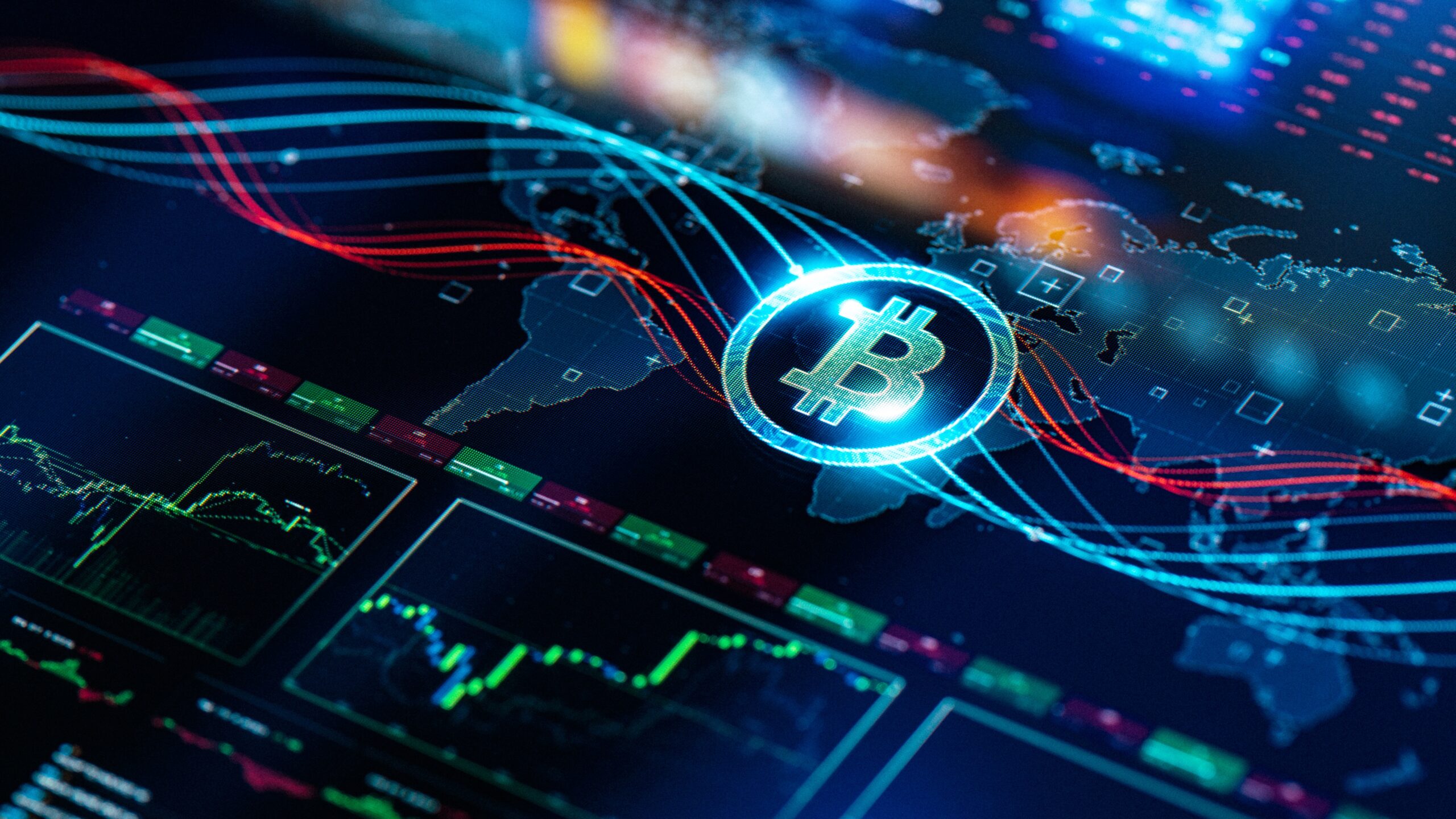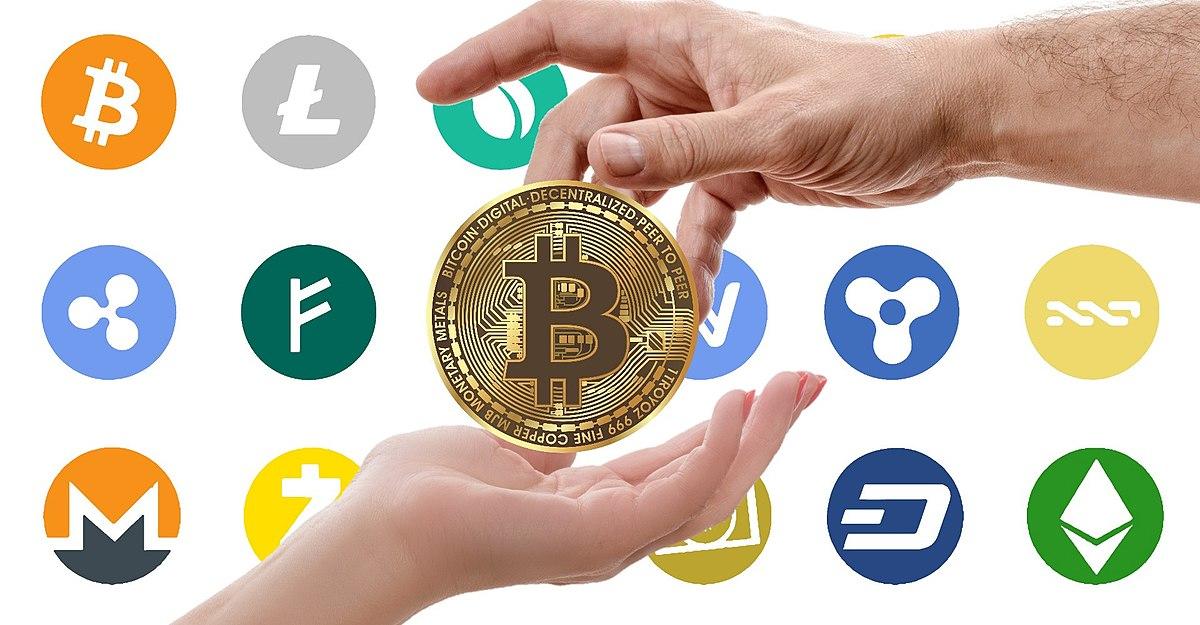Aptos Crypto Why Buying is the New Trend in the Digital Asset Market
The digital asset market has experienced significant growth in recent years, attracting investors from all walks of life. Digital assets, also known as buy Aptos crypto, are virtual currencies that utilize cryptography for security and operate independently of traditional banking systems. The decentralized nature of digital assets, coupled with their potential for high returns, has made them an attractive investment option.
Digital assets are created and managed using blockchain technology, which ensures transparency, security, and immutability. Blockchain technology allows for peer-to-peer transactions without the need for intermediaries such as banks or financial institutions. This decentralized approach has revolutionized the financial landscape and opened up new opportunities for investors.
Contents
The Rise of Buying in the Digital Asset Market
While trading and speculation have traditionally dominated the digital asset market, buying has emerged as a new trend among investors. Buying digital assets involves acquiring them with the intention of holding onto them for an extended period, rather than trading them for short-term gains.
The rise of where to buy Aptos Crypto can be attributed to several factors. Firstly, increased awareness and understanding of digital assets have led investors to recognize their long-term potential. As the market matures and regulatory frameworks become more established, investors are gaining confidence in the stability and growth prospects of digital assets.
Secondly, buying digital assets aligns with the principles of traditional investing. Many investors see digital assets as a new asset class with the potential to diversify their investment portfolios. By holding onto digital assets, investors can participate in the growth of the underlying technology and potentially benefit from long-term price appreciation.
Lastly, buying digital assets allows investors to take advantage of the unique features and functionalities offered by specific cryptocurrencies. Some digital assets serve as utility tokens, providing access to platforms or services within a blockchain ecosystem. By owning these tokens, investors can benefit from the utility and value created by the underlying platform.
Benefits of Buying Digital Assets
Buying digital assets offers several advantages over other investment options. Firstly, digital assets have the potential for high returns. The volatile nature of the digital asset market means that prices can fluctuate significantly, presenting opportunities for investors to generate substantial profits.
Secondly, buying digital assets provides investors with ownership and control over their investments. Unlike traditional financial systems, where ownership is often obscured by intermediaries, digital assets are held directly by the investor. This ownership allows for greater control and flexibility in managing investments.
Furthermore, buying digital assets allows investors to participate in the growth of innovative technologies. Many digital assets are associated with projects that aim to revolutionize industries such as finance, healthcare, and supply chain management. By investing in these projects, investors can contribute to their development and potentially benefit from their success.
Lastly, buying digital assets offers the advantage of accessibility. The digital asset market operates 24/7 and is accessible to anyone with an internet connection. This accessibility allows investors to enter and exit the market at their convenience, without being limited by traditional market hours or geographical constraints.
How to Buy Digital Assets
Buying digital assets may seem daunting for newcomers, but with the right guidance and resources, it can be a straightforward process. The following steps outline the general process of buying digital assets:
- Choose a reputable digital asset exchange: Selecting a reliable and secure digital asset exchange is crucial for buying digital assets. Look for exchanges with a good reputation, robust security measures, and a wide range of available assets.
- Create an account: Sign up for an account on the chosen digital asset exchange. This typically involves providing personal information and completing a verification process to comply with regulatory requirements.
- Secure your account: Enable two-factor authentication and take other security measures to protect your account and digital assets from unauthorized access.
- Deposit funds: Transfer funds from your bank account or other sources to your digital asset exchange account. This will provide you with the necessary funds to purchase digital assets.
- Select the digital assets to buy: Research different digital assets and choose the ones that align with your investment goals and risk tolerance. Consider factors such as the technology behind the asset, the team behind the project, and the potential for future growth.
- Place an order: Once you have selected the digital assets you want to buy, place an order on the digital asset exchange. Specify the quantity and price at which you are willing to buy the assets.
- Monitor and manage your investments: After purchasing digital assets, monitor their performance and make informed decisions based on market trends and your investment strategy. Consider setting price alerts and regularly reviewing your portfolio to ensure it aligns with your investment goals.
Popular Digital Assets to Consider
The digital asset market is home to a wide range of cryptocurrencies, each with its unique features and potential for growth. While the choice of digital assets ultimately depends on individual preferences and investment goals, certain cryptocurrencies have gained popularity among investors. Here are some popular digital assets to consider:
- Bitcoin (BTC): Bitcoin is the first and most well-known cryptocurrency, often referred to as digital gold. It has a limited supply and serves as a store of value and a medium of exchange.
- Ethereum (ETH): Ethereum is a blockchain platform that enables the creation and execution of smart contracts. Its native currency, Ether, is used to power decentralized applications built on the Ethereum network.
- Ripple (XRP): Ripple is a digital payment protocol that facilitates fast and low-cost international money transfers. XRP is the native currency of the Ripple network and is used as a bridge currency for facilitating transactions.
- Litecoin (LTC): Litecoin is a peer-to-peer cryptocurrency that aims to improve upon the Bitcoin protocol by offering faster transaction confirmation times and a different hashing algorithm.
- Cardano (ADA): Cardano is a blockchain platform that aims to provide a secure and scalable infrastructure for the development of decentralized applications and smart contracts.
These are just a few examples of the many digital assets available in the market. It is essential to conduct thorough research and consider factors such as the project’s fundamentals, team, and market conditions before investing in any digital asset.
Risks and Challenges of Buying Digital Assets
While buying digital assets can be a rewarding investment strategy, it is important to be aware of the risks and challenges associated with this market. Some of the risks include:
- Volatility: The digital asset market is highly volatile, with prices capable of experiencing significant fluctuations in short periods. This volatility can result in substantial gains but also substantial losses.
- Regulatory uncertainty: The regulatory landscape for digital assets is still evolving, and changes in regulations can impact the market. It is important to stay informed about the legal and regulatory frameworks governing digital assets in your jurisdiction.
- Security risks: The security of digital assets can be compromised by hacks, scams, or technical vulnerabilities. It is crucial to choose reputable exchanges, employ strong security measures, and exercise caution when interacting with the digital asset market.
- Liquidity concerns: Some digital assets may suffer from low liquidity, making it challenging to buy or sell them at desired prices. Illiquid markets can result in increased trading costs or difficulty in exiting positions.
- Market manipulation: The digital asset market is susceptible to market manipulation, such as pump-and-dump schemes or fraudulent activities. Investors should be cautious and conduct thorough research before making investment decisions.
It is important to assess your risk tolerance and conduct thorough research before buying digital assets. Diversifying your portfolio and seeking professional advice can help mitigate some of the risks associated with investing in this market.
The trend of buying digital assets is gaining traction in the digital asset market. As more investors recognize the long-term potential of digital assets and the benefits of ownership and control, buying has emerged as a popular investment strategy. Aptos Crypto, with its commitment to transparency and customer satisfaction, provides a user-friendly platform for investors to enter the digital asset market. However, it is essential to understand the risks and challenges associated with buying digital assets and to conduct thorough research before making investment decisions. By staying informed and adopting a prudent approach, investors can navigate the digital asset market and potentially benefit from its growth and innovation.



